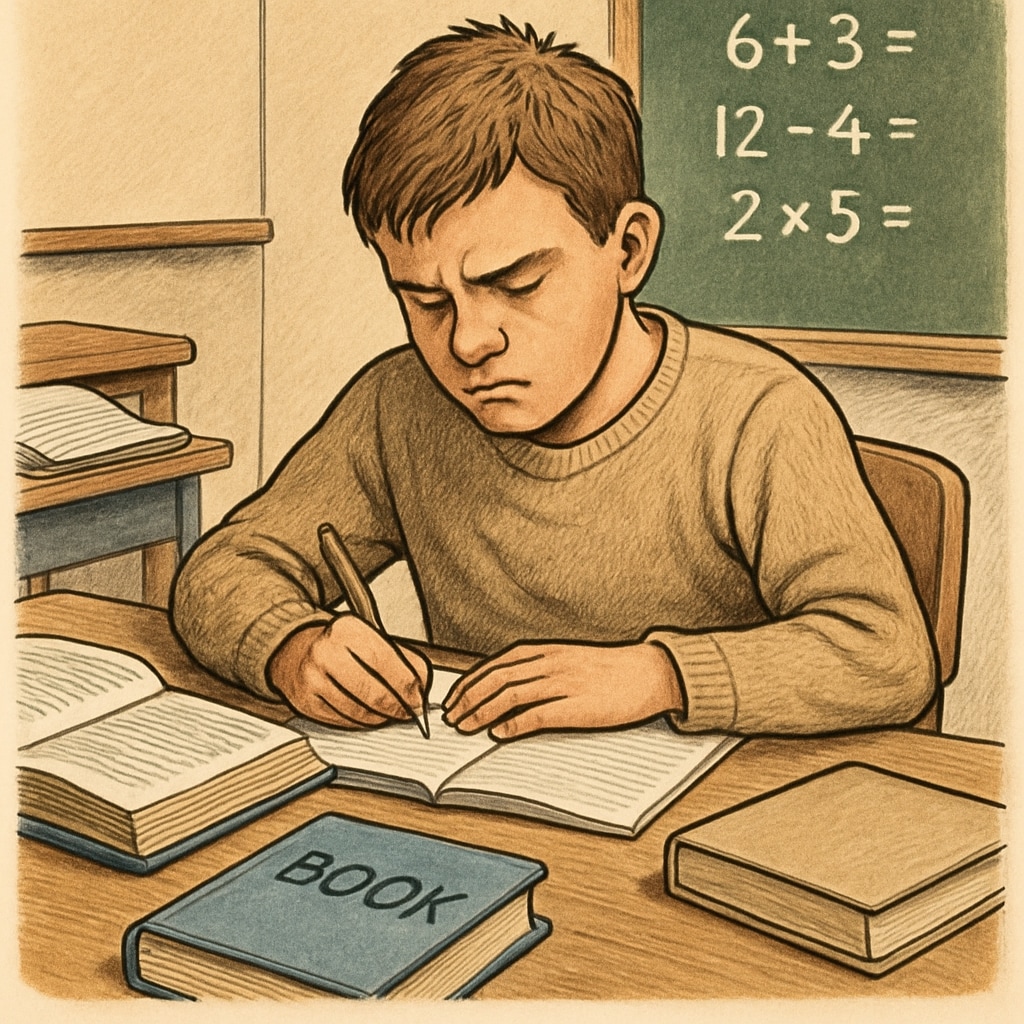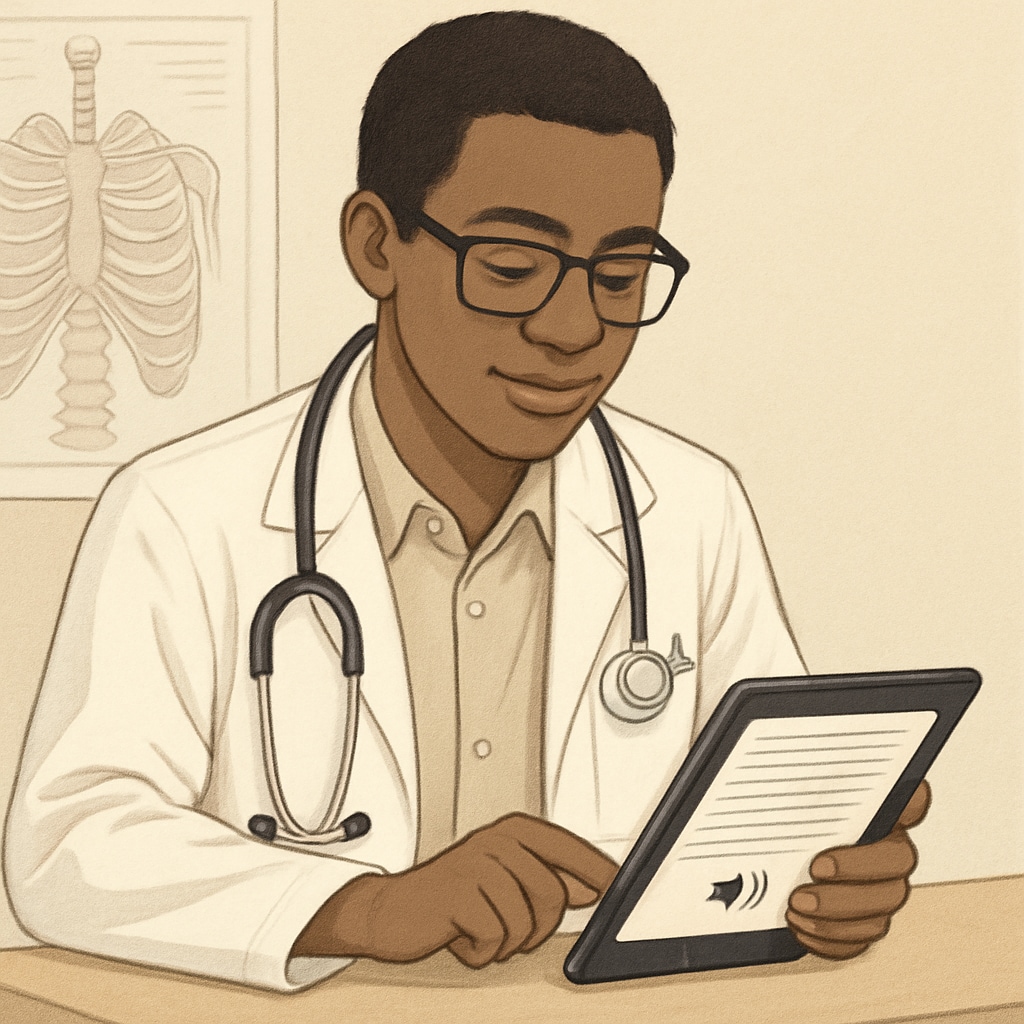In the current education landscape, students with learning disabilities often face significant barriers that hinder their ability to pursue ambitious goals, such as becoming medical professionals. The intersection of systemic inequities, limited support mechanisms, and the demanding nature of medical studies creates a challenging path. This article examines the struggles of these students within an unjust education system, explores the impact on their medical ambitions, and proposes actionable solutions to foster greater inclusivity and fairness.

Challenges Faced by Students with Learning Disabilities
Students with learning disabilities, such as dyslexia or ADHD (Attention Deficit Hyperactivity Disorder), often encounter obstacles that go beyond the scope of traditional academic challenges. For example, standardized testing, which heavily influences academic progression and career paths, often fails to accommodate diverse learning styles. These tests frequently prioritize speed and rote memorization, leaving students with disabilities at a disadvantage.
Additionally, schools may lack adequate resources to provide personalized support. Special education programs are often underfunded, meaning that students with unique learning needs struggle to receive the individualized attention required for success. According to the Britannica on Special Education, such gaps reinforce systemic inequities and limit the potential of students who aspire to careers in demanding fields like medicine.
The Dream of Becoming a Doctor: A Unique Struggle
The medical profession demands rigorous academic preparation, including mastery of complex subjects like biology, chemistry, and anatomy. For a student with learning disabilities, pursuing a medical career becomes a test of both academic and emotional resilience. While the dream of becoming a doctor is noble, the path is fraught with challenges exacerbated by an education system that prioritizes conformity over adaptability.
For instance, entrance exams for medical schools often include time-intensive components, which can be particularly challenging for students with disabilities. Furthermore, internships and practical training may require processing large volumes of information quickly—a skill that individuals with learning disabilities may need extra time or tools to develop effectively.

Rethinking Education Policies for Inclusivity
To address these inequities, education systems must adopt policies that prioritize inclusivity and flexibility. Here are some strategies that could help:
- Accommodations for Standardized Testing: Extend time limits and provide alternative formats, such as oral exams or computer-based testing, to better suit diverse learning needs.
- Increased Funding for Special Education: Allocate more resources to hire specialized teachers and provide assistive technologies, such as text-to-speech software or audiobooks.
- Mentorship Programs: Partner students with learning disabilities with medical professionals who can offer guidance and inspiration, showing that these challenges can be overcome.
- Curriculum Redesign: Incorporate adaptive learning methodologies that cater to different levels of cognitive functioning and learning styles.
Such measures not only benefit students with disabilities but also contribute to creating a fairer and more diverse educational environment for all learners.
The Role of Society in Supporting Medical Aspirations
Beyond institutional changes, societal attitudes play a crucial role in shaping opportunities for students with learning disabilities. Families, educators, and policymakers must collectively advocate for systemic reform while fostering environments that celebrate diversity in learning. Promoting awareness about the capabilities of individuals with disabilities can help dismantle stereotypes and encourage these students to pursue their dreams unapologetically.
Additional resources, such as the Wikipedia entry on Learning Disabilities, provide valuable insights into the challenges and opportunities for creating a more inclusive society.
In conclusion, the journey of a student with learning disabilities striving to become a doctor is one of courage and determination. While the current education system presents many hurdles, with proper reforms and societal support, these barriers can be overcome. This pursuit not only enriches the lives of these individuals but also contributes to the diversification and resilience of our healthcare system. It’s time we break the cycle of inequity and empower all students to achieve their dreams, regardless of their learning abilities.


